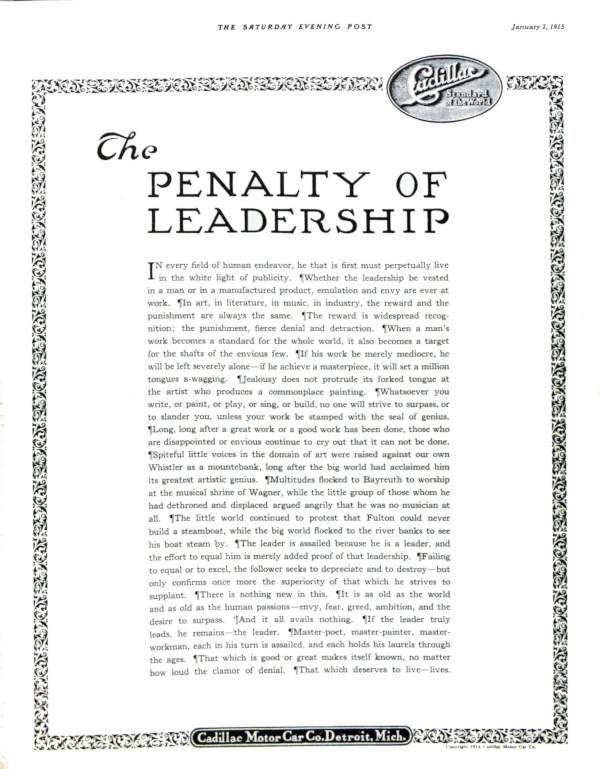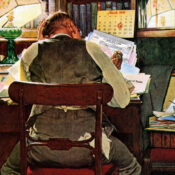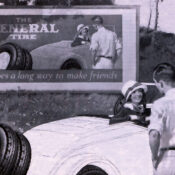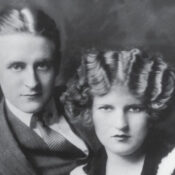From its earliest days, the Cadillac Automobile Company aimed to distinguish itself for the engineering and luxurious style of its vehicles. It introduced the first self-starting engine, the first fully enclosed body, and, in 1915, the first V-8 in a production automobile. Named the “Type 51,” the car had 70 horsepower, could travel over 65 miles per hour, and was priced at eight times the cost of a Model T. To impress potential buyers, Cadillac began a series of ads in the Post to promote Cadillac’s innovative spirit and industry leadership. One of these ads, “The Penalty of Leadership,” became legendary. It didn’t show the automobile or even mention it. Instead, it told of the criticism, doubts, and second-guessing that anyone must ignore to become the best in their field (implying themselves). In tone and idea, it spoke to the hearts of aspiring entrepreneurs and artists, concluding with, “That which is good or great makes itself known, no matter how loud the clamor of denial. That which deserves to live — lives.”
The ad appeared only once, and only in the Post, but it was extremely popular. Cadillac found itself responding to requests for reprints for the next 30 years. One of those prints was framed and hung in Elvis Presley’s office at Graceland.

This article is featured in the March/April 2021 issue of The Saturday Evening Post. Subscribe to the magazine for more art, inspiring stories, fiction, humor, and features from our archives.
Featured image: rtguest / Shutterstock
Become a Saturday Evening Post member and enjoy unlimited access. Subscribe now




Comments
I had previously subscribed to the SEP but stopped. I recalled reading an article about what some felt was the “Best sweatshirt ever.” On reviewing some of the issues I’d saved, I was unable to relocate said article. Any help in recalling the name of the person or company that produced that sweatshirt would be greatly appreciated.
The ad is STILL remarkable 105 years later. No ad person today would be smart or clever enough to write anything like it. Of course most people today wouldn’t be smart enough to understand it, so I guess it’s best those of us that are, just remember this one.